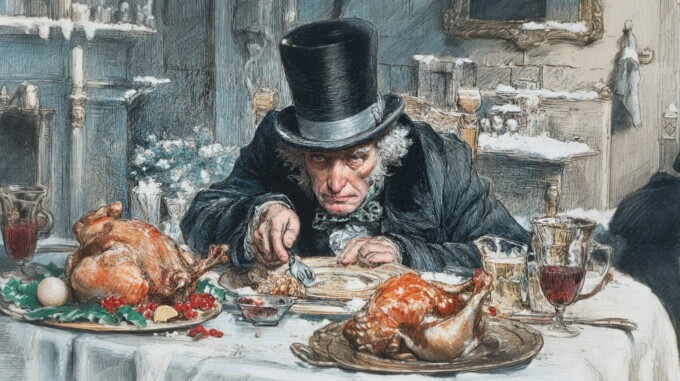Summary: Bean burritos are a cheap and nutritious food that became more popular thanks to the invention of the microwave oven in 1945. This article shows how microwaves have reduced the time and energy cost of heating up a frozen burrito by more than 95 percent, giving people more time and money to spend on other things.
Bean burritos provide plenty of calories, carbohydrates, and protein but didn’t really become popular until years after the accidental invention of the microwave oven in 1945 by Percy Spencer, a self-taught engineer.
While testing a vacuum tube called a magnetron, Spencer discovered that a chocolate bar in his pocket had melted. He then tried popcorn. The results were beautiful. He then built a metal box with an opening at one end to trap the high-density magnetic energy field so that it could bounce around inside and quickly heat up food. The first microwave oven was born. Eleven years later in 1956, Duane R. Roberts invented the frozen burrito.
In 1979, microwaves sold at Sears for $399.85. Unskilled workers earned around $3.69 per hour, making the time price for a microwave about 108.4 hours. Today, unskilled workers earn around $14.50 an hour, and a basic microwave at Walmart is only $74. That puts the time price around 5.1 hours. The time price fell by 95.3 percent. Microwave innovation has given us 103.4 extra hours today relative to 1979. For the time it took people to earn the money to buy one microwave 43 years ago, you could get over 21 microwaves today. Microwave abundance has been growing at a 7.37 percent compound annual rate.
Heating a frozen burrito in a microwave takes just 1 minute and 15 seconds, compared to 28 minutes in a conventional oven. Every time you want a frozen burrito, microwaves stand ready to give you an extra 26 minutes and 45 seconds. Microwaves also use about one-third the energy of a conventional oven. At 20 cents a kilowatt hour, using a conventional oven to heat up a frozen burrito costs about 28 cents versus 0.41 cents for a microwave. The energy cost has fallen 98.5 percent.
Knowledge gives us time, one of our most valuable resources.
The next time you enjoy a delicious and nutritious burrito, remember Percy Spencer, Duane R. Roberts, and the thousands of others who have discovered innovative ways of giving us more time.
You can learn more about these economic facts and ideas in our new book, Superabundance, available at Amazon. Jordan Peterson calls it a “profoundly optimistic book.”





